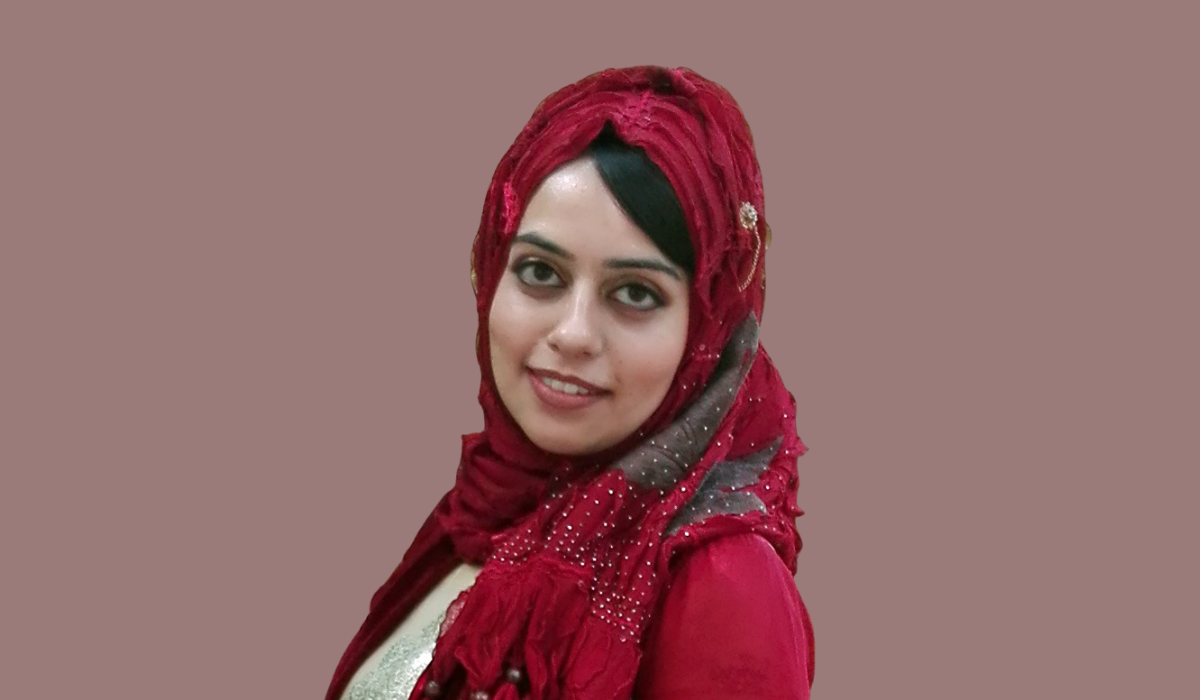Lucy Cavendish College welcomes Dr Rihab Khalid as a Research Fellow
Rihab is an Isaac Newton Trust Research Fellow at Lucy Cavendish College, University of Cambridge. She is an interdisciplinary researcher in sustainable energy consumption and demand management. Her work takes a socio-technical approach to understanding energy demand, amalgamating socio-cultural theories with more technically grounded understandings of consumption in the context of architectural and urban spaces. She is committed to problem-driven research to tackle societal challenges, and to improve energy efficiency and sufficiency to meet climate change targets.
“During this fellowship, I will explore the intersections of gender, energy and space-use in formal and informal urban settlements of the Global South. I plan to map the multi-layered practices of segregation in the urban built environment of Pakistan through a highly novel synthesis of architectural design, urban geography and social practice theory. Through this multidisciplinary approach and mixed-method research, I will explore how gendered practices intersect other socio-material interactions and how this affects women’s decision-making and access to urban energy infrastructures. My study will help contribute socio-technical insights to reframe exclusionary urban planning processes for transitions towards sustainable and equitable distribution of energy infrastructures in the Global South.”
Rihab has recently completed her PhD in Architecture at the University of Cambridge. Her thesis “Socio-material constructs of domestic energy demand: Household and housing practices in Pakistan” addresses the gap in socio-technical studies of domestic energy-use in the Global South. Her study identifies various nexuses of practices and spatial arrangements of urban housing that have emerged, persisted, and transformed over time, giving rise to unsustainable levels of electricity consumption in middle-class housing in Lahore, Pakistan. She has used a mixed-method approach, combining practice theories with the knowledge of spatial agency in design to explore sustainability interventions in house design and use, with implications for housing and energy policy.
“I am extremely grateful for this opportunity and excited to become part of the dynamic and stimulating educational environment at Lucy. This fellowship will allow me to further my academic career and pursue research on critical issues of sustainable development, very much in line with Lucy’s aspirations for addressing Global 21st Century challenges.”
Read Dr Khalid Fellow’s profile here.




